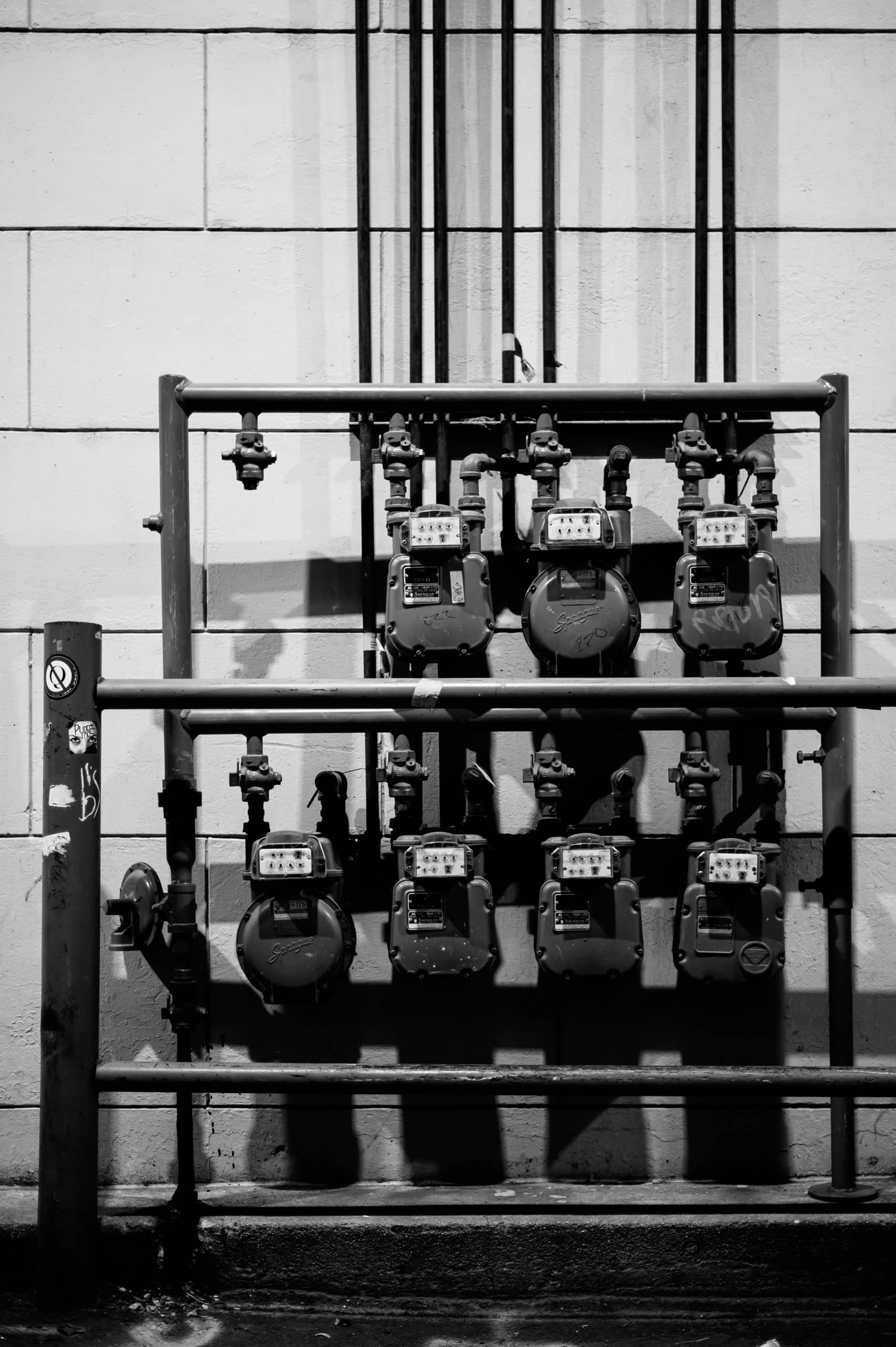Northern Gas Networks (NGN) distributes gas around the northeast of England, northern Cumbria and much Yorkshire. It acquired its business from National Grid Transco (NGT) in 2005 including the piping of the gas distribution network that is used to transfer gas around the region. Some of this piping was laid well before NGT acquired it and was made of iron pipes. Iron pipes haven’t been laid for the transporting of gas since the 1970s as the iron corrodes and this can lead to leakages and explosions. Pipes are now laid using high density polyethylene or the iron pipes are lined with high density polyethylene. Since 2001 NGT had a statutory obligation to replace or improve the iron pipes and at acquisition of NGN’s business this statutory obligation to replace the at-risk iron pipes had passed to NGN. NGN has spent over £100m million on replacing the old iron piping.
In 2001 the Government introduced Land Remediation Relief (LRR) that allows companies to obtain further relief against corporation tax where they incur qualifying expenditure to clean up or prevent the pollution of land. The relief grants an extra deduction against taxable profits of 50% of the qualifying expenditure which, at a tax rate of 19%, would have meant a cash benefit of £9.5m to NGN were they to be found eligible for the enhanced relief.
The lower tax tribunals and now the Court of Appeal (CoA) have found that they didn’t qualify for the enhanced LRR. Two of the conditions to qualify for LRR require that the land be in a contaminated (or derelict state) on acquisition and when the qualifying expenditure takes place and that the company claiming LRR cannot have caused the contamination (or dereliction). The CoA found that while neither NGT nor NGN laid the iron piping, it wasn’t the iron pipes that were causing the potential for land contamination but rater the combination of gas flowing through the old iron pipes. The CoA, agreeing with the lower tribunals, said that the act of distributing the gas meant that NGT and now NGN were causing the potential pollution that therefore one of the conditions to qualify for LRR wasn’t met.
The CoA dismissed NGN’s appeal and decided not to comment on other points brought by the parties as they would have been academic.
The decision can be found at: Northern Gas Networks Ltd v The Commissioners for HMRC – Find case law (nationalarchives.gov.uk)
Please contact us if you have any questions on corporation tax reliefs. Land remediation relief is a valuable relief for contaminated or derelict land and effectively using this relief can lead to considerable savings.



